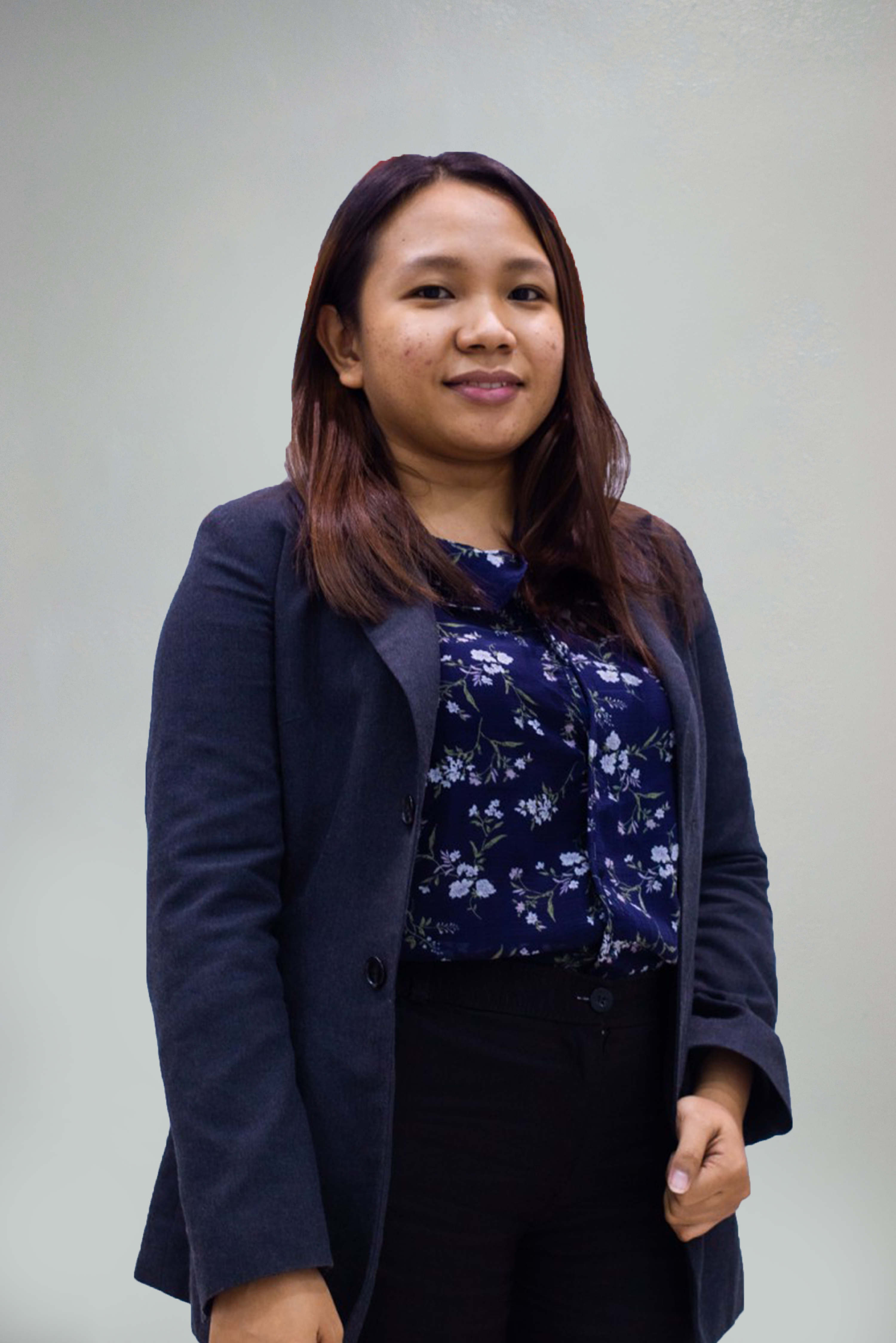 Keeping an eye out for fraud
Keeping an eye out for fraud

By Laurice Mae Calantas
WITH the Covid-19 pandemic, the Philippines, among other countries, experienced a rapid
shift toward digitalization as health and safety protocols encouraged, if not mandated,
stay-at-home arrangements. This gave rise to the utilization of online banking and other
digital channels by businesses and consumers. Consequently, this digital shift led to a
surge in fraud and cybercrimes in the country. In fact, the Bankers Association of the
Philippines estimated a loss of over P1 billion due to digital fraud during the previous year.
Fraud, as defined in Black's Law Dictionary, is a knowing misrepresentation of the truth or
concealment of a material fact to induce another to act to his or her detriment. Accordingly,
it includes any intentional or willful act to deprive another of property or money by wile,
deception, or other arbitrary means. Businesses and individuals alike are at risk of falling
victims to different types of fraud, and one way of looking out for these is having awareness
of the most common types of business fraud that may transpire. The Association of Certified
Fraud Examiners classifies fraud against a business into either internal fraud or external fraud.
Internal fraud is committed by employees, managers, officers or owners of the company for
personal enrichment through the deliberate misuse or misappropriation of the company's resources
or manipulation of documents. Classic examples of internal fraud include financial statement
fraud, which materializes through the manipulation of revenues, expenses, assets and liabilities
to defraud investors and other users of financial statements by way of deliberately recording
sales before sales are actually made, recording sales when shipping goods to company-owned
facilities, duplicating previous billings, or altering expenses by capitalizing them in the
balance sheet instead of expensing them outright; and asset misappropriation which materializes
by way of cash skimming, check tampering, payroll fraud schemes, or making payments to
non-existent suppliers.
Conversely, external fraud against a company involves unscrupulous suppliers who might take
part in price or bid-rigging schemes and bill the company for services and products that were
not actually provided, and crafty customers who might hand in bad checks for payment or demand
refund for the return of stolen or counterfeit goods. Companies are likewise confronted with
threats of security breaches, thefts of personal data or intellectual property and hacking
perpetrated by third parties.
Whereas internal fraud could be avoided by establishing proper segregation of duties, close
monitoring of employees and checking of financial statements and relevant documents for
inconsistencies and possible misrepresentations, both internal and external fraud may be
circumvented by placing and maintaining adequate internal controls, enforcing a security
policy for the classification and handling of sensitive information and documents, and
conducting due diligence with all employees, management, customers, suppliers and other
contracting parties, among others.
Aside from the internal measures cited, the risk of fraud may also trigger management personnel
or business owners to enlist the services and expertise of forensic auditors to investigate data
or information to identify facts linked to specific allegations of fraud by way of examining
and analyzing the company's finances and processes and reporting on the procedures conducted,
findings and observations noted, and recommendations.
Fraud can manifest in different forms and can greatly influence an organization's finances,
health and operations. All of us should exercise prudence and attentiveness in all our dealings
and should have awareness of our vulnerabilities to properly assess and administer solutions to
protect ourselves from fraud risks. Once we know what to keep an eye out for, we can go ahead
and create more effective security measures to appease the risk of fraud in our daily functions.
Laurice Mae Calantas, is the Group Quality Assurance Review Manager of Paguio, Dumayas & Associates, CPAs (PrimeGlobal Philippines),
and a member of the Acpapp board of directors. The opinion of the writer does not
reflect in any way the opinion of PDAC.
Source: Keeping an eye out for fraud - Manila Times